It is not often that one gets to sit down and talk with an icon of the Women’s Movement, but I had that opportunity last week during my interview with Marcia Deihl. Marcia has been a fixture in the women’s movement in Boston since the late 1960s. It is hard to visualize a time with no women’s centers or GLBT rights. Deihl was part of a generation that gave these and many other things that we often take for granted. This was a time when the words “lesbian” and “feminist” were used with pride and often met with significant cultural resistance. She was at the forefront of the movement that not only normalized these terms, but helped define them. The word “queer” was used at that time to denote those belonging to the counter culture as well as to describe G&L peoples. It later expanded to include LGBT. The movement in support of queer women began as a lesbian feminist movement and has expanded to include a broader spectrum of folks in the last 2o years. In any event, a view of the lesbian feminists of the 1970s would show Marcia Deihl at the forefront.
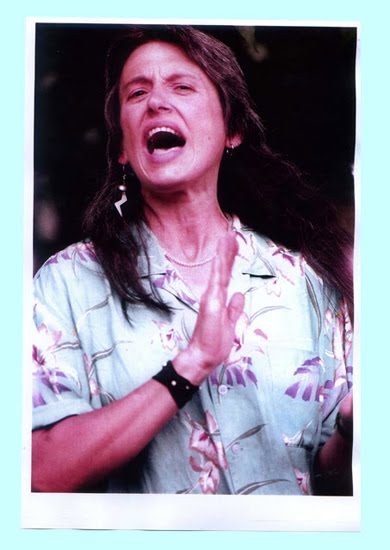
Marcia Deihl has been committed to activism since she came to Boston in the late 1960s to attend BU as a music major. She is a classically trained harpsichord player, but she felt boxed in by the traditional and elitist nature of her training. This led Marcia to pursue more radical alternatives, which she found in the Goddard School of Vermont. The school was offering feminist music courses in Cambridge, MA, influenced by the grassroots nature of the folk movement of the 60s and 70s. Marcia earned a Master’s Degree at the Goddard School in Feminism and Folklore. The school was also offering accredited Master’s programs in film making, left wing organizing, and children in the revolution. This was a time when much of academia was not offering courses on women’s studies or radicalism and interested parties had to find places to educate themselves. It was only through the hard work and dedication of these activists did the larger academic community finally catch on to the need for an exploration of women’s history, popular culture, race and gender studies, and many other areas.
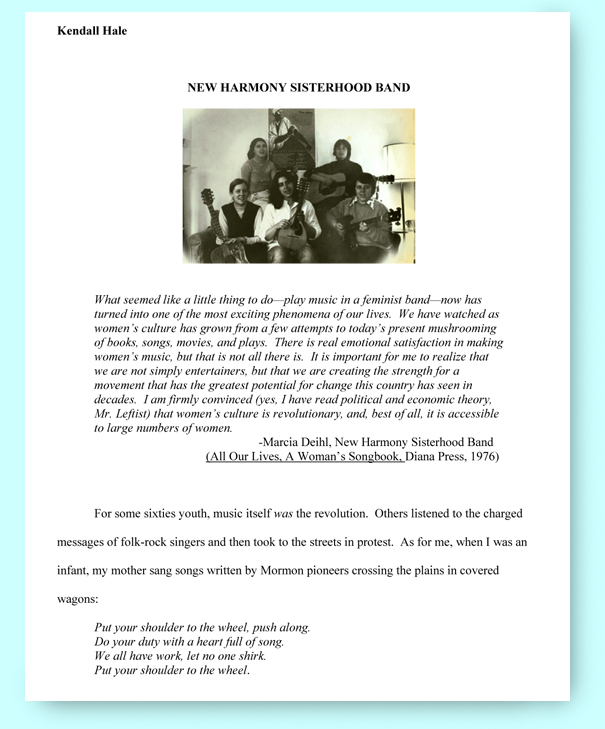
In Cambridge in the 1970s, there were Lesbian Feminist Music Collectives and women’s bars within which to showcase their talents. Bars like the Marquee in Cambridge, Sneakers in Somerville, and Somewhere Else in Boston. Imagine having a bar in the city exclusively dedicated to serving gay women? Boston has not had a women’s bar in over two decades. There would have been a ready -made venue for all of the bands QWIMB features. Women would not have to wait for their one night a month at male establishments and could have Monday-Sunday to plan events!
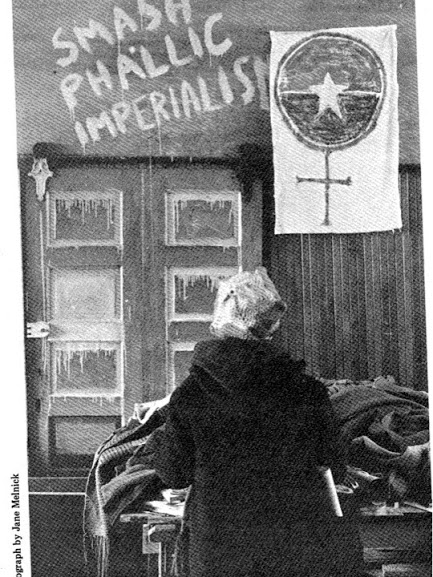
It was in this atmosphere that Marcia founded her band the New Harmony Sisterhood Band. Marcia’s website, www.marciadeihl.com showcases the band history as well as the history of other women’s groups during this time. Her Music in History workshop on the lesbian feminist movement is “Still Aint Satisfied.” She also has a program on gender and the representation of women passing as men throughout history entitled “She Dressed Herself in Sailor’s Clothes.” These workshops are the best place to start an understanding of the history of queer women in music since the 1970s. Please look forward to more features on Deihl and her experiences in the near future.
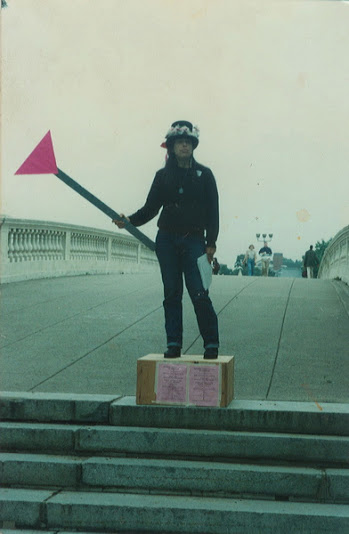
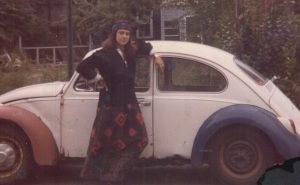

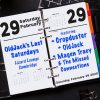
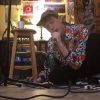
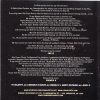
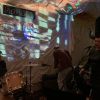
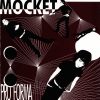
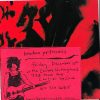
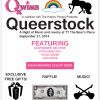


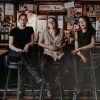
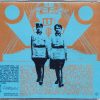
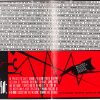
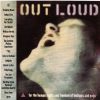


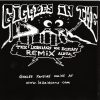

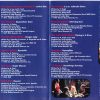
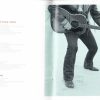
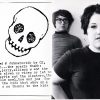
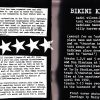
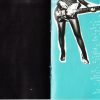
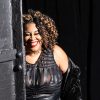
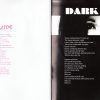

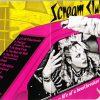
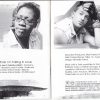


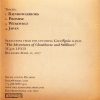
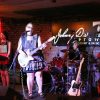


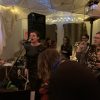
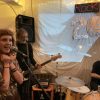
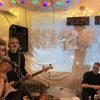


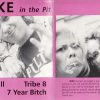
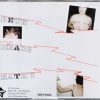

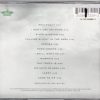

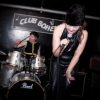

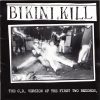

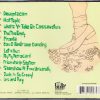
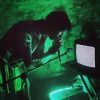
One thought on “The Revolutionary Marcia Deihl”